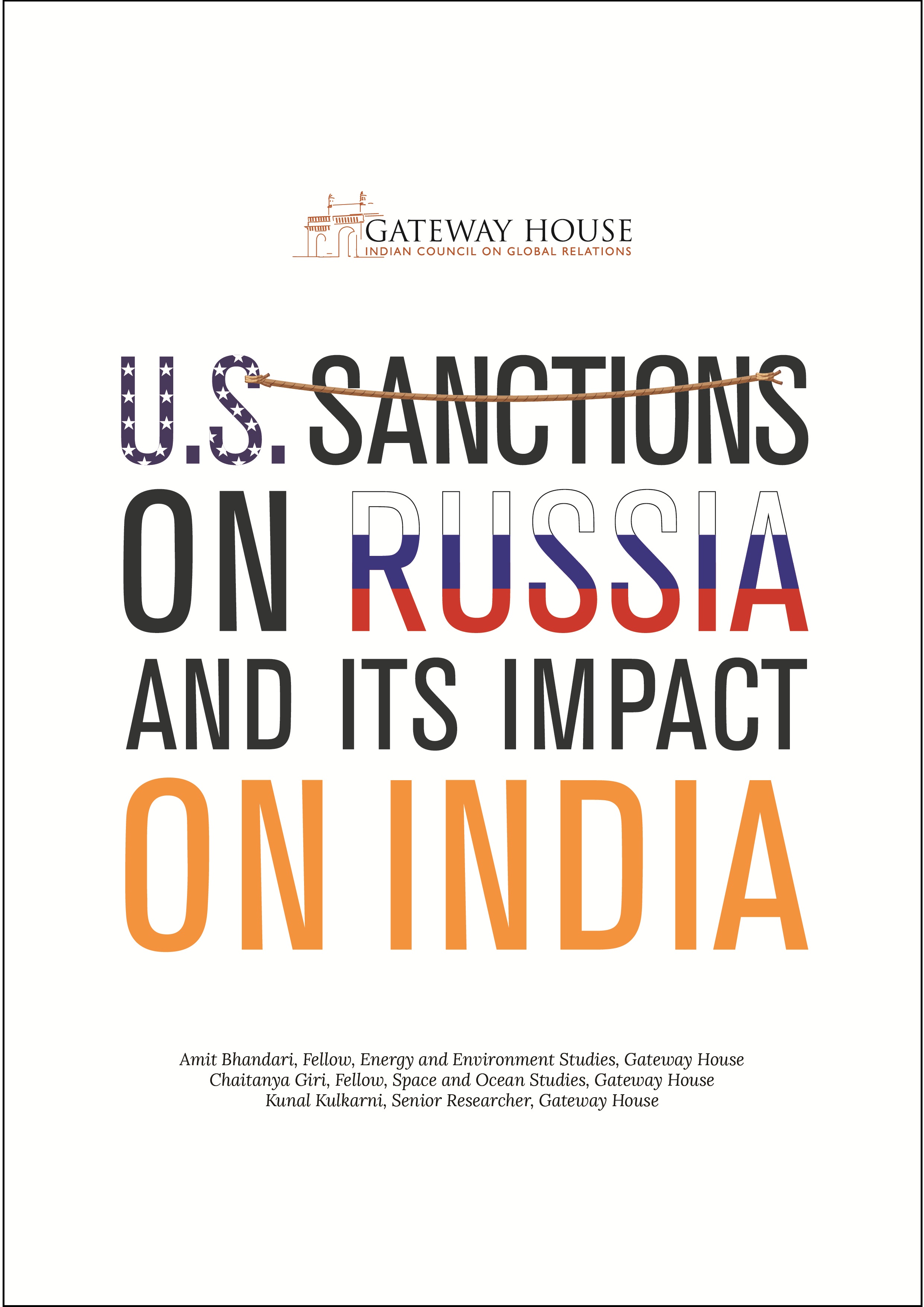 Courtesy: Gateway House
Courtesy: Gateway House
America is increasingly using sanctions as a geopolitical tool against its rivals, Russia, Iran and Venezuela. These countries are important partners for India, which needs to find ways around unilateral American sanctions.
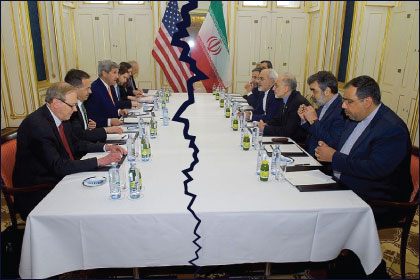 Courtesy: Gateway House
Courtesy: Gateway House
India may end up being the unintended victim of renewed U.S. sanctions on Iran. It will push up the price of oil and cost India billions of dollars annually
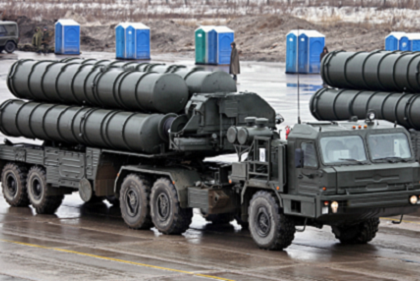 Courtesy: Wikimedia Commons
Courtesy: Wikimedia Commons
American sanctions on Russian defence companies may end up hurting an innocent bystander: India's defence sector. In particular, they could threaten Indian military procurement, and also may complicate India’s attempts to produce more of its own defence hardware. India needs to study the issue closely to prepare for what may come
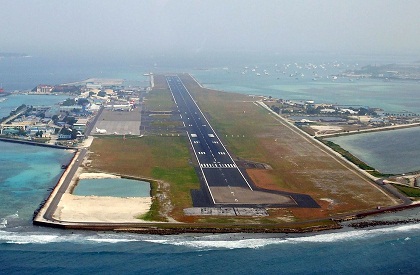 Courtesy: Wikipedia
Courtesy: Wikipedia
The recent crisis in the Maldives is a pertinent time to revisit an old case, highlighting the political uncertainties in the island nation due to growing Chinese influence and its impact on businesses and investors
 Courtesy: Gateway House
Courtesy: Gateway House
Trends in technology, geopolitics and geoeconomics have dramatically transformed the global energy scenario in the last two years. This means favourable conditions for import-dependent India, which must use the opportunities available to reduce its vulnerability to high energy prices. The jump in oil prices past the $60 mark suggests that India must act with alacrity. India’s Energy Footprint Map offers a profile of India’s global trade and investment in energy, and indicates what India can do to access cheap and reliable supplies
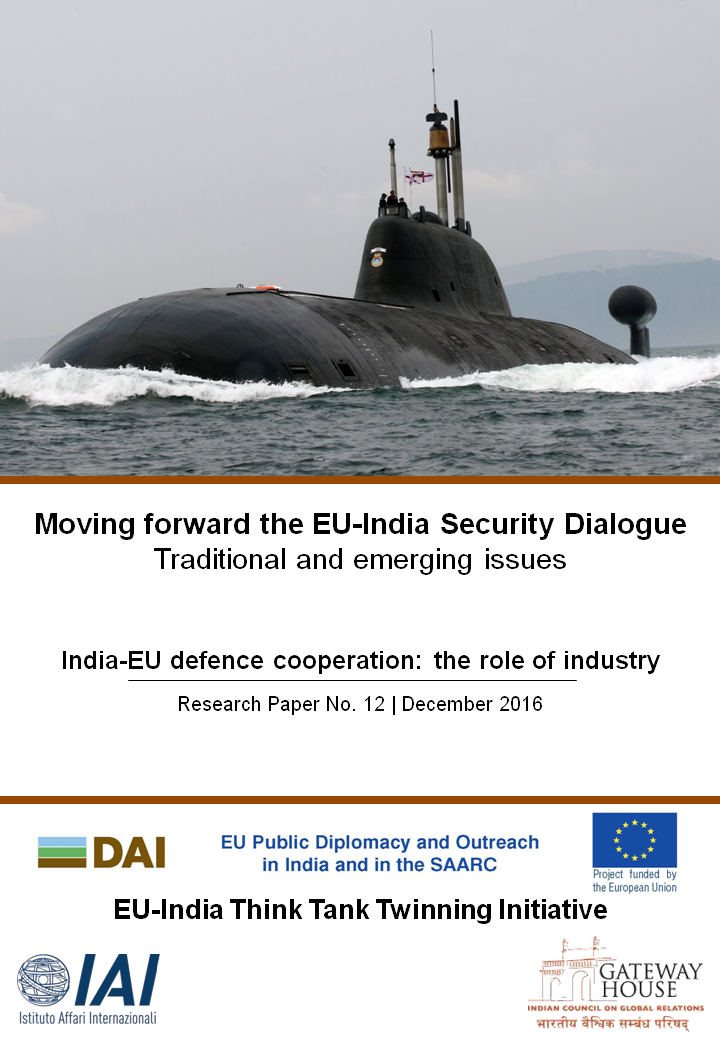 Courtesy: Wikipedia
Courtesy: Wikipedia
European defence companies can contribute significantly to India’s military modernisation under the ‘Make in India’ campaign. But before this can happen they will have to deepen their interactions in the country at the political and strategic levels to identify common areas of interest and understand India’s technological priorities in the sector
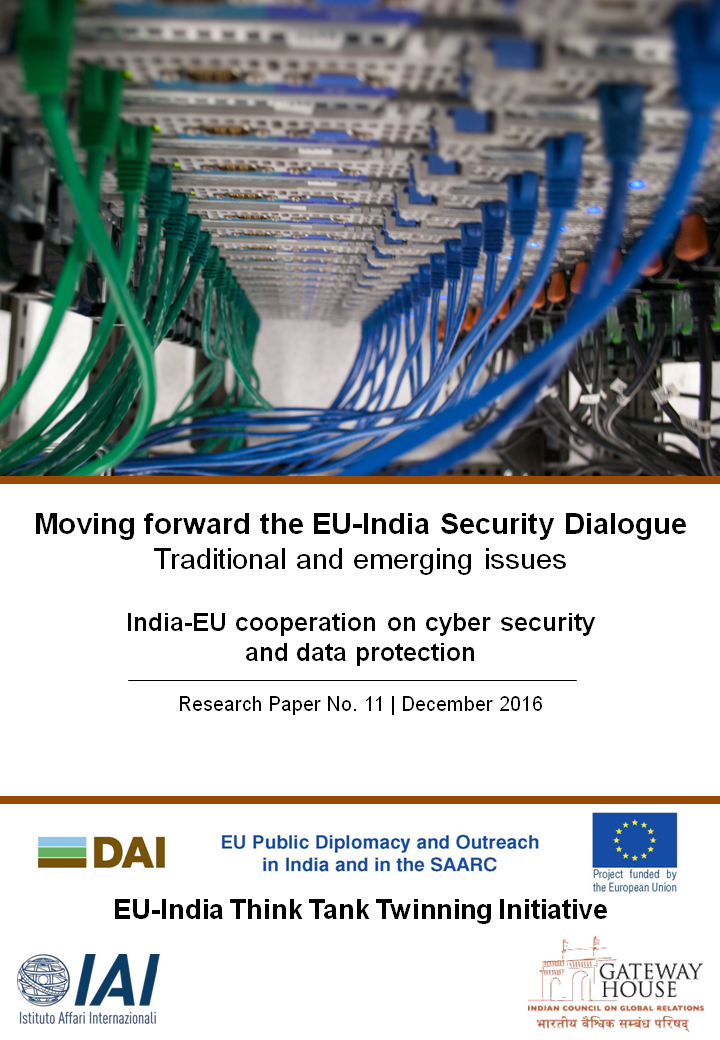 Courtesy: Wikipedia
Courtesy: Wikipedia
Cyber cooperation between India and the European Union currently lacks a security focus despite the common threats they face. Differences persist on both sides regarding India’s data adequacy status which has resulted in a blocking of the Bilateral Trade and Investment Agreement negotiations.
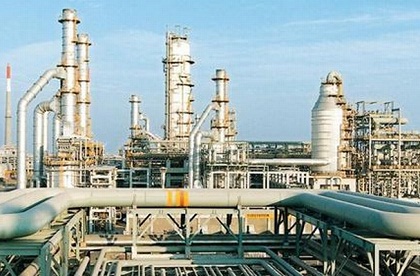 Courtesy: bdnews24
Courtesy: bdnews24
India imports 80% of its oil and 80% of the imports are from vulnerable regions. This high-cost, high-risk approach is not sustainable, and the current low price of oil offers India an opportunity to secure its long-term energy needs by taking three concurrent steps: diversifying supply sources, investing in oil fields, and using financial instruments
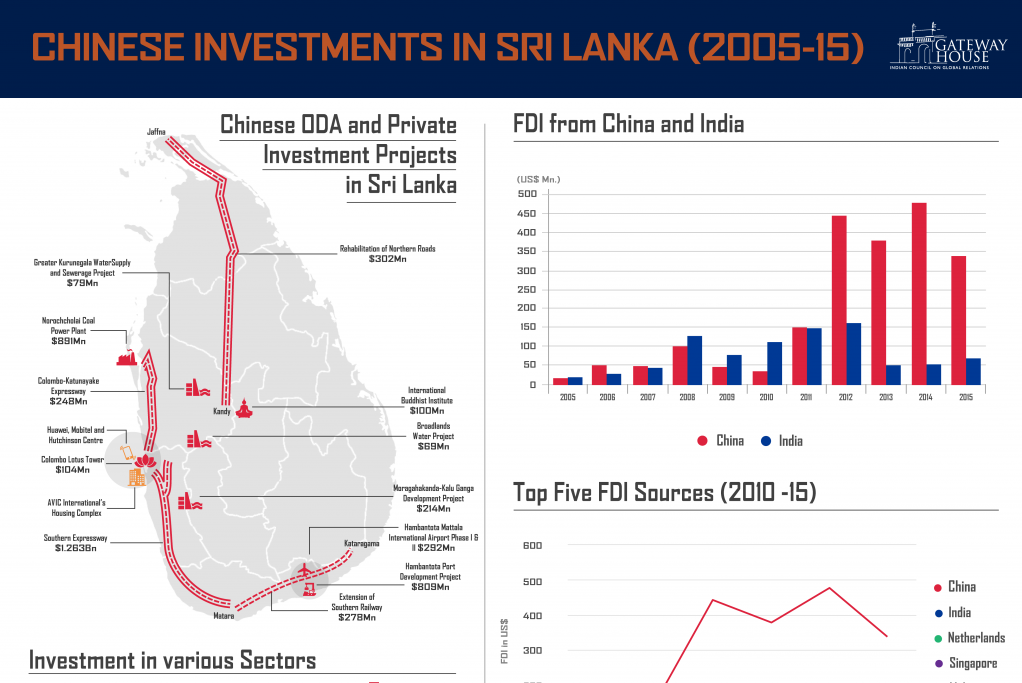 Courtesy: Gateway House
Courtesy: Gateway House
China is the largest investor in Sri Lanka today, with funding and investment of nearly $15 billion. Gateway House tracks the Chinese money trail to Sri Lanka-- where it lands, where it stays--and assesses its depth. This is the second in the Gateway House Series on Chinese investments in South Asia.












